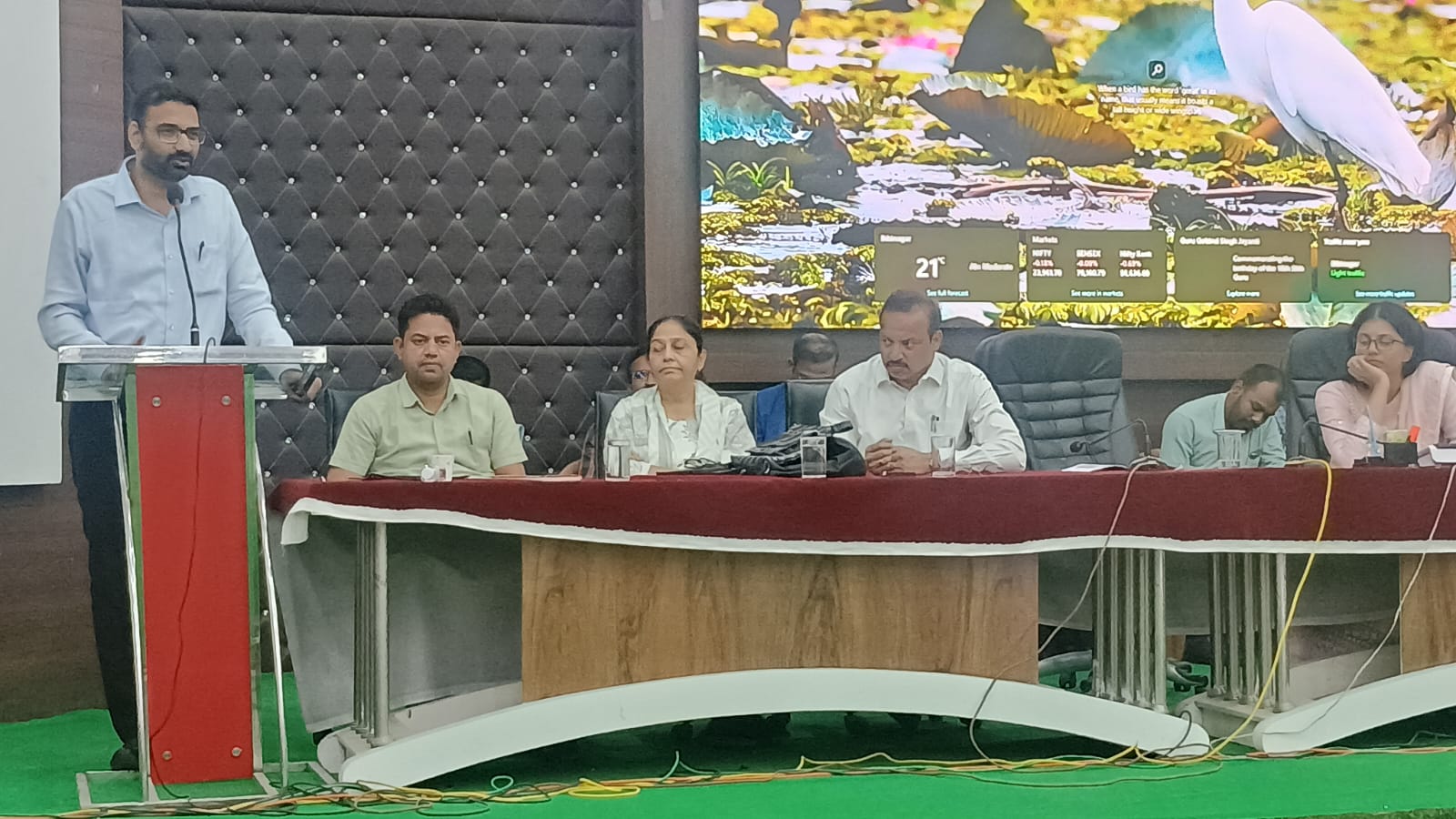Nanded Fertility Clinics: A Groundbreaking Initiative for Rural Reproductive Healthcare

·
Background and Need
Nanded has become the first district in Maharashtra to establish fertility
clinics in all government hospitals, ensuring accessible reproductive
healthcare for rural communities. This pioneering initiative was launched in March
2024 to address the growing challenges of infertility and delayed
pregnancies caused by lifestyle changes, stress, and lack of access to
specialized care.
In rural areas, couples often lack awareness about fertility treatments and
face emotional distress, marital disputes, and in severe cases, suicides due to
infertility. The absence of fertility-related healthcare services exacerbates
these challenges, leaving many without proper guidance or treatment.
Recognizing the urgent need, the district administration, introduced this
initiative to provide equitable, timely, and affordable solutions for couples
longing to start a family.
·
Preparatory Phase
The initiative began with an emphasis on capacity building. Specialized
training programs were organized for gynecologists, radiologists, and
counselors to equip them with the skills to deliver high-quality fertility
care. Training camps were also planned for January 2025 to prepare healthcare
professionals for further expansion of the program, ensuring consistency and
quality of care across the district.
·
Execution Phase
The Fertility OPD services were rolled out in March 2024 at one district
hospital, six sub-district hospitals, and 12 rural hospitals. Every
Thursday was designated as "Fertility Day," providing
dedicated time for couples to access consultations and treatments.
Ø Phase 1: History
Collection and Counseling
Couples undergo detailed history-taking and counseling sessions focused on stress management and lifestyle changes. This phase has achieved a 40% success rate, as many couples conceive through these initial non-invasive interventions.
Ø Phase 2: Basic Medical
Examinations
Couples requiring further evaluation receive basic diagnostic tests, including hormonal analyses, semen analyses, and follicular studies. Targeted interventions at this stage have resulted in a 25-30% success rate.
Ø Phase 3: Guidance on
Advanced Techniques
Couples who need
additional support are provided guidance on advanced reproductive procedures
such as Intrauterine Insemination (IUI), Intracytoplasmic Sperm Injection
(ICSI), and In-Vitro Fertilization (IVF). These treatments, while
sophisticated, are made accessible through government hospitals, bridging the
affordability gap.
As part of this
initiative, every clinic is staffed with trained gynecologists, radiologists,
and counselors who ensure that patients receive comprehensive care, from
counseling to advanced treatment guidance.
·
Impact
The program has served over 600 couples since its inception. Of
these, 433 have already achieved positive results. On average, more than
500 citizens visit the OPDs each month, seeking help for
fertility-related challenges.
This initiative has significantly reduced the stigma associated with
infertility by normalizing it as a treatable condition and fostering awareness.
It has also provided couples in rural areas with affordable and accessible
solutions, sparing them the financial burden of private treatments. Medical
experts working in the clinics have observed that over 50% of couples
struggling with fertility issues can conceive with basic counseling and timely
intervention.
·
Social Impact
The program has had a profound social impact, addressing the emotional,
marital, and societal challenges linked to infertility. By integrating
reproductive healthcare into government hospitals, the initiative has not only
provided medical solutions but also empowered couples to seek help without fear
of judgment or stigma. This holistic approach has strengthened community trust
in the healthcare system and enhanced awareness of reproductive health.
· Future Plan
1. Expansion of Clinics - The initiative aims to
extend Fertility OPD services to all 77 Primary Health Centers (PHCs) in
the district, ensuring comprehensive coverage and accessibility for rural
communities.
2. Integration of Advanced
Treatments - Advanced reproductive technologies such as IUI, ICSI, and IVF will be
made available at government hospitals, making high-end fertility treatments
affordable for all.
Conclusion
Nanded’s Fertility Clinic initiative is a pioneering step toward addressing
infertility at the grassroots level. By combining medical expertise with social
awareness, the district administration has created a sustainable model for
reproductive healthcare. This initiative not only offers hope to countless
couples but also sets a benchmark. With its focus on affordability,
accessibility, and quality care, the program is a testament to the
transformative potential of community-driven healthcare reforms.



Comments 0 Like 0 Dislike 0